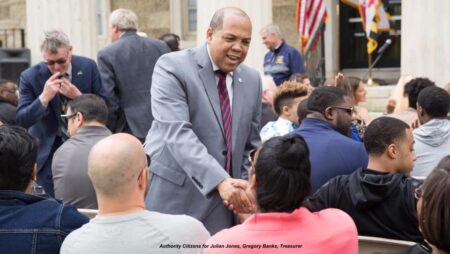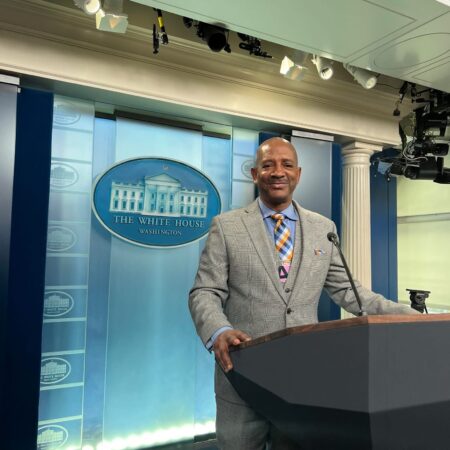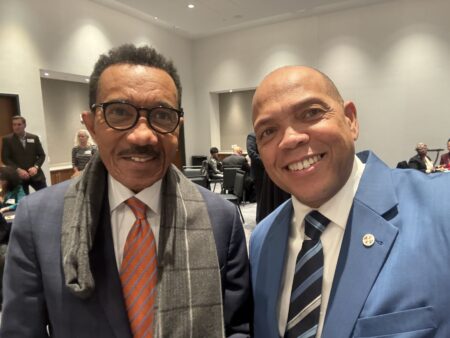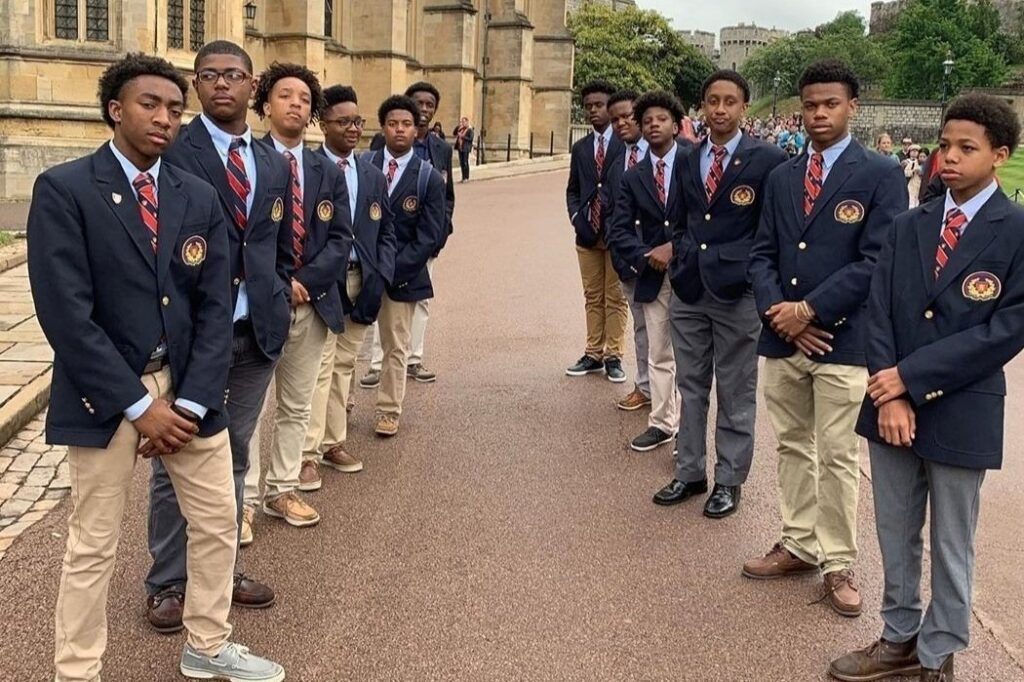(BALTIMORE – February 3, 2025) – Today, Congressman Kweisi Mfume (MD-07) issued a strong statement denouncing President Donald Trump’s and Elon Musk’s unfortunate decision to shut down the United States Agency for International Development (USAID).
“As a Member of the House Foreign Affairs Committee, I am calling on President Trump and his Secretary of State, Marco Rubio, to cease this foolishness and obey the law. President Trump and Elon Musk’s reckless actions to close the doors at USAID are shameful, puzzling, and a continuation of this administration’s arbitrary purge of longstanding government efforts that empower some of the world’s most vulnerable,” said Congressman Mfume.
The Role of USAID
USAID is an independent United States government agency that administers civilian foreign aid and development assistance. With an annual budget exceeding $50 billion, USAID represents over half of all U.S. foreign assistance efforts, supporting initiatives in over 100 countries worldwide. USAID was established by President John F. Kennedy in 1961 under the Foreign Assistance Act, consolidating multiple foreign aid programs into a single agency focused on long-term socioeconomic development.
Trump Administration’s Actions
In January 2025, President Trump ordered a near-total freeze on all foreign aid, which was later partially reversed by Secretary of State Marco Rubio through a humanitarian waiver. However, confusion remained about the fate of U.S. aid agencies. On January 27, 2025, USAID’s official government website was abruptly shut down. On February 3, Elon Musk, in a conversation on X Spaces, announced that he and Trump were finalizing the permanent closure of USAID. That same day, Secretary Rubio declared himself Acting Administrator of USAID and stated that the agency would be absorbed into the State Department.
USAID’s Critical Mission
USAID’s work has long been instrumental in addressing global challenges, including:
- Disaster Relief: Coordinating emergency responses to wars, natural disasters, and humanitarian crises.
- Poverty Alleviation: Supporting health, education, and food assistance programs to uplift the world’s most impoverished communities.
- Global Issues: Tackling climate change, disease control, and international trade cooperation.
- U.S. National Interests: Providing economic support to allies and bolstering stability in regions crucial to U.S. foreign policy.
Backlash and Consequences
The move to dismantle USAID has drawn sharp criticism from domestic and international leaders. Congressman Mfume and other members of Congress have vowed to challenge this decision, citing concerns about the humanitarian impact and the broader implications for U.S. diplomatic efforts.
“This is not just an abandonment of America’s moral obligations but a strategic blunder that will weaken our global leadership. USAID is a pillar of our foreign policy, and dismantling it will leave a vacuum that our adversaries will eagerly fill,” Mfume warned.
Opponents of the move argue that USAID has been instrumental in maintaining diplomatic ties and stabilizing regions prone to conflict. Critics fear that the U.S. will lose significant leverage in global affairs by terminating the agency.
Congressional Response
Members of the House Foreign Affairs Committee, including Mfume, are now exploring legislative avenues to prevent the dissolution of USAID. The committee considers hearings, legal challenges, and potential budgetary constraints to counteract the administration’s decision.
“The American people did not vote to abandon our leadership in global development. We must act now to stop this reckless dismantling of USAID,” Mfume concluded.
The controversy surrounding USAID’s fate is expected to escalate in the coming weeks as Congress, international allies, and aid organizations weigh in on the Trump administration’s unprecedented move.










